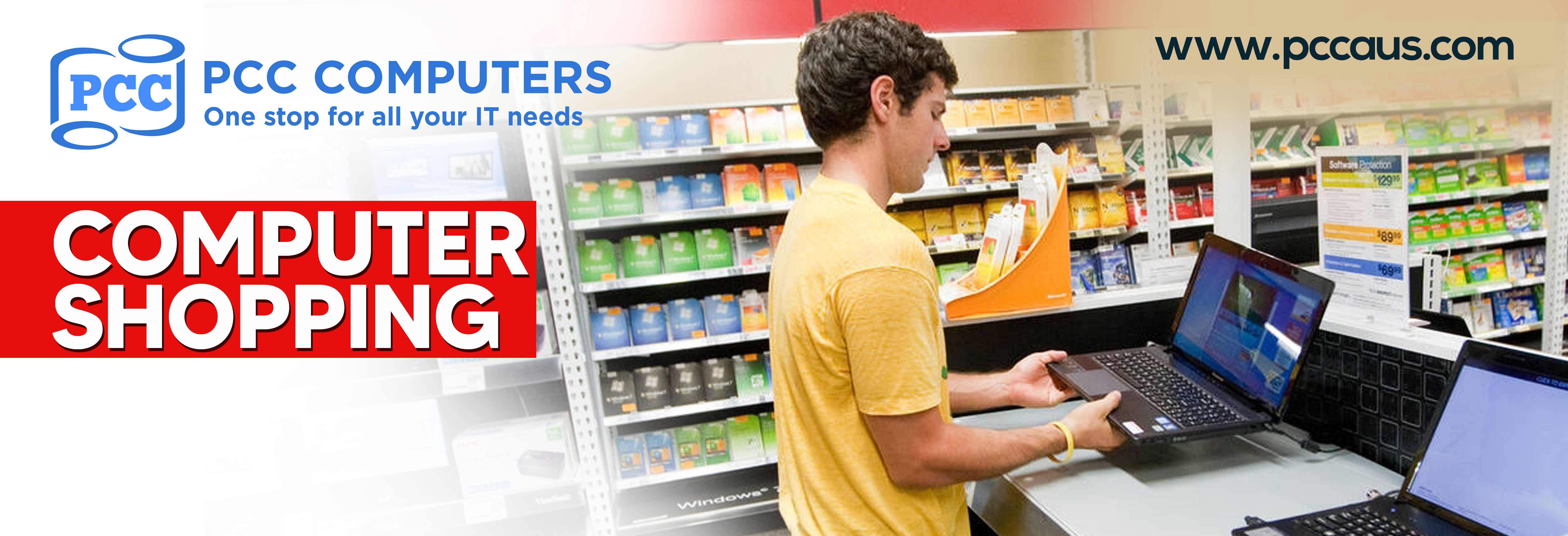The Ultimate Guide to Computer Shopping: Tips and Tricks

The Ultimate Guide to Computer Shopping: Tips and Tricks
In today's digital age, computer shopping has become an
essential task for many of us. Whether you're a student, a professional, or
just someone who loves technology, choosing the right computer can
significantly impact your productivity and entertainment experiences. This
guide will help you navigate the often overwhelming process of computer
shopping, ensuring you find the perfect device for your needs.
Understanding Your Needs
Before diving into the world of computer shopping, it's
crucial to understand your specific requirements. Are you looking for a laptop
for portability, a desktop for high performance, or perhaps a hybrid device?
Determine what tasks you'll be performing most frequently, such as gaming,
video editing, or simple web browsing. Your needs will dictate the type of
computer and the specifications you'll require.
Setting a Budget
One of the first steps in computer shopping is setting a
realistic budget. Computers come in a wide range of prices, from
budget-friendly options to high-end machines. Consider how much you're willing
to spend and what you can get for that price. Remember that investing in a
quality computer can save you money in the long run by reducing the need for
frequent upgrades and repairs.
Researching Brands
and Models
With your budget and needs in mind, it's time to start
researching different brands and models. Popular brands like Apple, Dell, HP,
and Lenovo offer a variety of computers with different features. Look for
reviews and user feedback to get an idea of the reliability and performance of
each model. Comparison websites and tech forums can be invaluable resources
during your computer shopping journey.
Key Specifications to Consider
When computer shopping, pay close attention to the
following key specifications:
- Processor (CPU): The brain of your computer,
determining how fast it can process information. Popular options include Intel
Core i5/i7 and AMD Ryzen.
- Memory (RAM): More RAM allows for better multitasking.
Aim for at least 8GB, but 16GB or more is ideal for demanding tasks.
- Storage: Choose between SSD (faster and more reliable)
and HDD (more storage for a lower price). Many modern computers offer a
combination of both.
- Graphics Card (GPU): Essential for gaming and
graphic-intensive tasks. Integrated GPUs are fine for basic use, but dedicated
GPUs are better for performance.
- Display: Consider the screen size and resolution.
Higher resolution screens provide clearer and more detailed images.
Shopping Online
vs. In-Store
Both online and in-store computer shopping have their
advantages. Online shopping offers a wider selection and the convenience of
home delivery. You can also easily compare prices and read reviews. In-store
shopping allows you to physically inspect the computer and get immediate
assistance from sales staff. Decide which method works best for you, or
consider combining both approaches to get the best deal.
Finalizing Your
Purchase
Once you've narrowed down your options, check for deals
and discounts. Many retailers offer seasonal sales, student discounts, and
trade-in programs that can save you money. Don't forget to factor in additional
costs such as accessories, software, and extended warranties.
Conclusion
Computer shopping doesn't have to be a daunting task. By
understanding your needs, setting a budget, researching thoroughly, and
considering key specifications, you can find the perfect computer to meet your
requirements. Whether you choose to shop online or in-store, the key is to be
informed and patient. Happy computer shopping!



